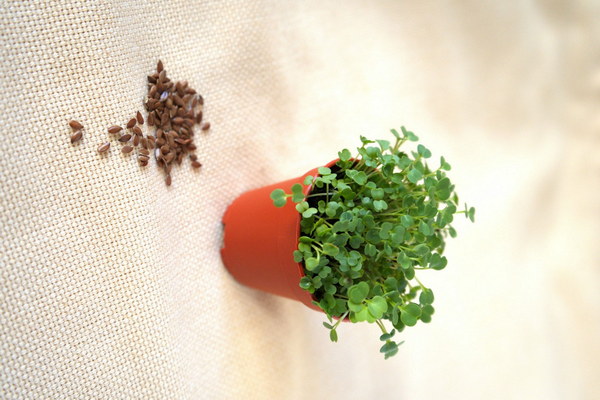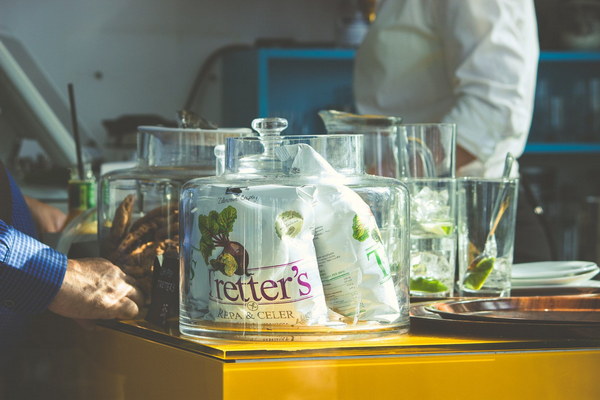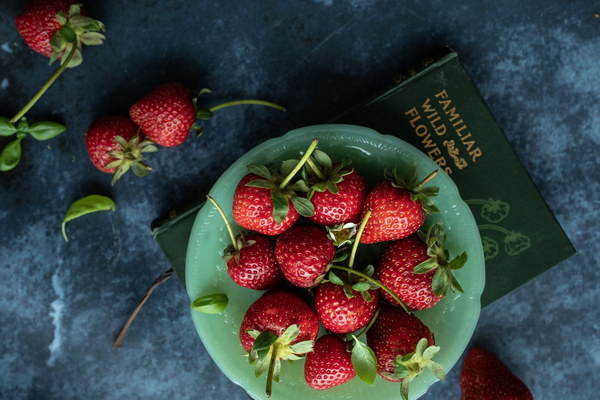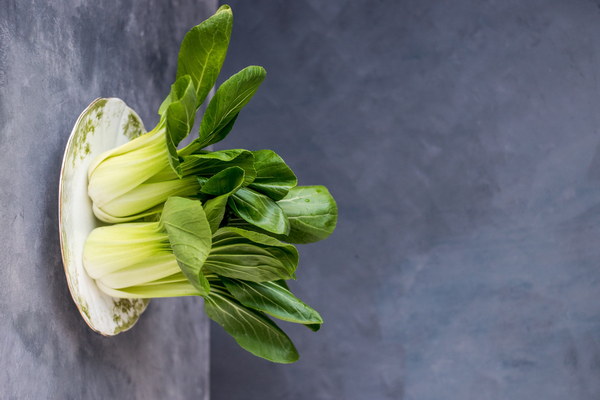How Dandelion Can Be a Digestive Wonder Exploring the Gastric Benefits of Dandelions Various Parts
Dandelion, often considered a pesky weed in many gardens, is actually a treasure trove of health benefits, particularly for the digestive system. This hardy plant is not only beautiful to look at but also packed with properties that can help soothe an upset stomach, aid in digestion, and promote overall gut health. In this article, we'll explore the various parts of the dandelion that can be beneficial for your stomach and how they contribute to digestive well-being.
1. The Leaves: A Potent Digestive Aid
Dandelion leaves are perhaps the most well-known part of the plant for their digestive benefits. They are rich in vitamins A, C, and K, as well as potassium, which all play a crucial role in maintaining healthy digestion. These leaves can be consumed raw in salads or cooked in a variety of dishes.
One of the key digestive benefits of dandelion leaves is their ability to stimulate bile production. Bile is a substance produced by the liver and stored in the gallbladder, which helps to break down fats during digestion. When you consume dandelion leaves, you're essentially giving your liver a boost, which can help improve your body's ability to digest fats and reduce feelings of bloating and indigestion.
2. The Roots: A Natural Liver Support

Dandelion roots are another important component of the plant that can support digestion. They are rich in choline, a nutrient that plays a crucial role in the liver's ability to process fats and produce bile. By consuming dandelion root, you can help to keep your liver healthy and efficient in its functions.
Additionally, dandelion roots have diuretic properties, which can help to remove excess water and waste from the body. This can be particularly beneficial for those who suffer from constipation, as it can encourage bowel movements and help to relieve digestive discomfort.
3. The Flowers: A Sweet Treat for the Gut
While dandelion flowers may not be as commonly associated with digestive benefits, they are still a valuable part of the plant. These flowers are rich in antioxidants and can help to protect the lining of the digestive tract, reducing inflammation and promoting healing.
Furthermore, dandelion flowers can be used to make a soothing tea that can help to settle an upset stomach. Simply steep a handful of flowers in hot water for a few minutes and enjoy. The mild, slightly sweet flavor makes this tea a pleasant way to support digestive health.
4. The Milky Juice: A Soothing Remedy for Digestive Issues
The milky juice found in dandelion leaves and stems can be a potent remedy for various digestive issues. When applied topically, it has been shown to have antibacterial and anti-inflammatory properties, making it useful for treating skin conditions such as eczema or psoriasis, which can be linked to poor digestive health.
Internally, the milky juice can be consumed as a poultice to soothe an upset stomach. Simply mix the juice with a little water and apply it directly to the abdomen. While this method may sound unorthodox, it has been used for centuries to help alleviate digestive discomfort.
Conclusion
In conclusion, dandelion is a versatile and powerful plant that offers a range of digestive benefits. From the liver-boosting roots to the soothing leaves, every part of this plant has its own unique qualities that can help support a healthy digestive system. Whether you choose to consume dandelion leaves in a salad, brew a cup of dandelion root tea, or apply the milky juice topically, incorporating this humble weed into your diet can be a simple yet effective way to improve your digestive health. So, next time you see a dandelion in your garden, remember that it's not just a weed; it's a digestive wonder waiting to be harvested.









